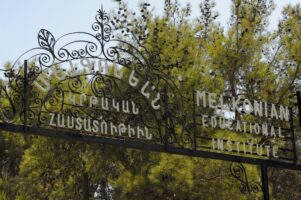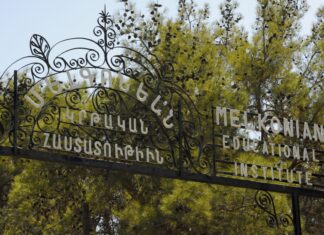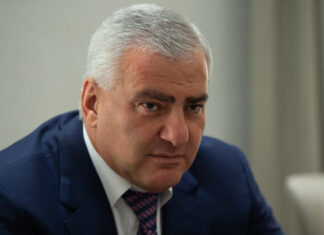As we witness the controversy regarding a potential step towards the normalization of Armenian-Turkish relations, we see Armenians divided over contrasting visions of which strategy is in Armenia’s best interest. As they excite extreme emotions – from hopefulness to fear and anger, the real status of things seems to be obscured by rather dogmatic, binary narratives.
By following a “no preconditions” policy, the Armenian government proposes the separation of the symbolic from the practical, focusing on economy and politics and putting aside whatever appears as “old harms and recriminations.”
I have noticed that many individuals and institutions engaged in the Armenia-Turkey reconciliation process respond to recent developments with enthusiasm, assuming that normalization is the beginning of the reconciliation process. While technically justifiable, this assumption is based more on hopes and wishes than a realistic assessment. What we witness today, is, in fact, an attempt at superficial normalization, with the hope for further reconciliation in an undefined future. The expectation that both forgiveness and repentance will occur naturally, simply by people-to-people contact, is highly idealistic and extremely unrealistic.
What is not mentioned is that such reconciliation cannot happen without a complete change of narrative and the character of the Turkish government, which cannot occur without some sort of subsequent complete conceptual revolution and the reinvention of modern Turkey. Even the most profound people-to-people contact will not bring a mass change in consciousness without proper, long-term policy measures taken at the governmental level. There will be no reconciliation without the reestablishment of an elementary sense of justice.
On the other hand, the genocide issue is being brought up frequently by those who oppose the governmental plan. By following the “no-preconditions” agenda, the Armenian government indirectly promotes the idea that genocide can be considered as secondary, while to many Armenians it is central to the problem. This is not because of its scale and horror, and not even due to the obligation to the victims and survivors. It is critical simply because it embodies the attitude of the Turkish state towards Armenia, which is continuously hostile.
Considering Armenian-Turkish relations strictly in the limited framework of the aftermath of the 1915 events is convenient to Western politicians, as it takes away the pressure to confront multiple problems regarding contemporary Turkish foreign policy. The indirect acceptance of the Turkish policy of genocide denial by the Armenian government, is painful mainly because it occurs in the context of extreme imbalance between the capacities of Turkey and Armenia to shape the narrative and subsequently, to set the conditions for normalization. The “no-preconditions” policy is problematic not because it takes place, but because it is obviously not a choice, but simply the only way to reach the discussed normalization.








